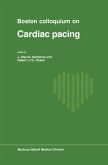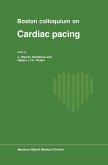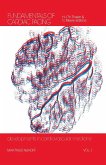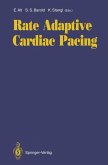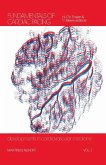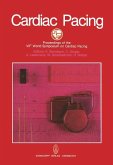How to face 'the faces' of cardiac pacing represents an editor's compiled selection of lectures on cardiac pacing and electrophysiology. Electrical stimulation of the heart is an ever-changing and, at times, explosive field. The number of implanting centres is growing tremendously and pacing is not exclusively confined to arrhythmologists. Therefore, the editors attempted to organize a course being both practical in daily clinical management and instructive in understanding technical concepts. The glossary of terms have to be clearly understood before one is able to interpret the complex electrocardiograms of DDD and especially DDDR pacemakers. Those electrocardiograms have to be approached in a system atic way, using a step-by-step analysis. The main clinical symptom requiring pacemaker implantation is syncope. It cannot be over-emphasized that syncope is a clinical diagnosis merely based on history and physical examination. The organization of a pacemaker follow-up clinic depends on local facilities and needs. The effectiveness of pacing controls markedly increases when using a systematic approach. Repeated optimal adjustment of pro grammable functions is part of the control. Antiarrhythmic drugs are loosing popularity in the treatment of tachy arrhythmias. Nonpharmacologic treatment (antitachypacing, implantable defi brillators and antiarrhythmic surgery) at the present time have definite indications, probably expanding in the future. When complexity in electronic devices increases, repercussions on ex penses, either by the government or social and private insurances, needs consideration.
Hinweis: Dieser Artikel kann nur an eine deutsche Lieferadresse ausgeliefert werden.
Hinweis: Dieser Artikel kann nur an eine deutsche Lieferadresse ausgeliefert werden.


